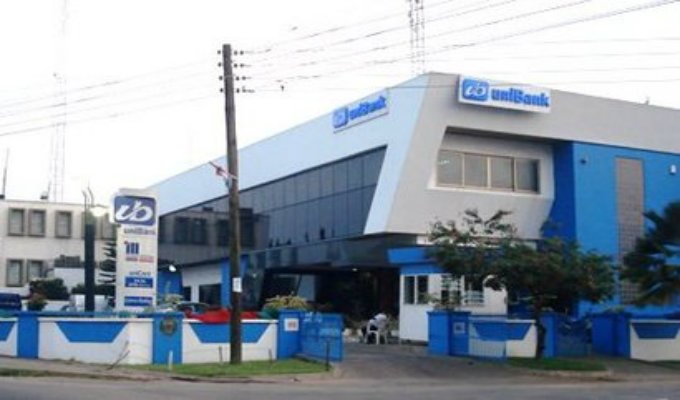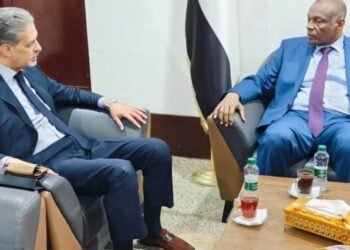The ongoing controversy surrounding the Unibank settlement continues to draw scrutiny from civil society, with Franklin Cudjoe, President of IMANI Africa, calling for greater transparency and accountability in the Attorney General’s handling of the high-profile case involving Dr. Kwabena Duffuor.
His comments underscore concerns about how much the public truly understands about the figures involved in the deal and the broader implications for financial justice and accountability in Ghana’s banking sector.
While acknowledging the government’s willingness to disclose certain details, Cudjoe emphasized that such disclosures must go further.
He commended what he described as a commendable level of transparency so far, especially regarding the availability of information on the proceedings.
Nonetheless, he stressed that key questions remain unanswered, particularly about how much of the Unibank settlement actually reflects funds recovered.
“For the simple reason that we don’t know if the 60% that has been negotiated is money that has been paid way back, or is this new money? We don’t know the basis for getting to the 60-40% deal.
“This is money for the state. It’s important that we reclaim as much as we can. I would have thought the basic rule would have been, if anybody accepted that they are at fault and are willing to pay, they should have been surcharged for the money they owed us all this time, maybe 25% is charged on the 100%.”
Franklin Cudjoe
In his analysis, the presence of multiple stakeholders in the debt recovery process could help foster more clarity.
He proposed the inclusion of entities like the Bank of Ghana, the receivers who managed the fallout of the bank’s collapse, civil society representatives, and even the media.
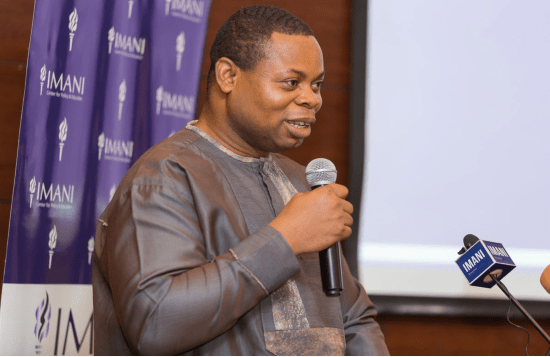
Such a multi-sectoral approach, he believes, would help demystify the negotiation metrics used in calculating what has been referred to as a 60-40 percent recovery split.
According to Cudjoe, one pressing issue that demands answers is whether the 60% payment being discussed constitutes newly recovered funds or merely an acknowledgment of assets already recovered in prior periods.
In his view, the absence of clear data on that point risks undermining public confidence in the entire process. He warned that without clarity, the impression may persist that the figures are being managed without regard to the full fiscal responsibilities owed to the state.
Accountability Checks Urged
For Franklin Cudjoe, the logic of financial justice goes beyond simple recovery.
The IMANI Africa leader argued that anyone who concedes liability should not merely repay the principal amount but also be subjected to penalties or surcharges to account for delayed payments and the opportunity cost borne by the state.
Revisiting developments from 2018, Cudjoe cited Unibank’s own admission just before its license revocation. On July 30th of that year, the institution reportedly informed the government that its outstanding obligations totaled GHC 4.9 billion.
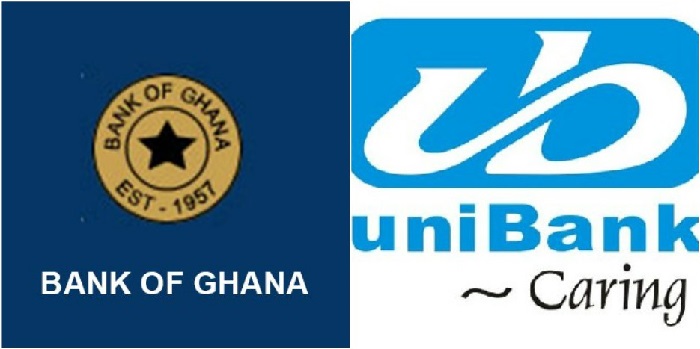
They further indicated that even if forced to liquidate their assets, they could recover up to GHC 3.92 billion. The contrast between those self-reported figures and the current official claim that liabilities now stand at GHC 2.72 billion raises critical questions.
“The question is, what exactly has happened that now we are being told that the figures will rise to GHC 2.72 billion? Basically, that’s what they’re being told. And so, it’s important we show civility to the members. I think that’s where my colleague, Bright [Simons], is coming from.”
Franklin Cudjoe
To Cudjoe, these inconsistencies necessitate a deeper investigation. If Unibank itself declared a far higher figure at the time, he argued, the government must justify the steep reduction.
He suggested that any negotiation must be explained with enough depth and transparency to avoid creating public distrust or the perception of backdoor deals.
He also reflected on broader concerns about how the entire bank collapse saga has been handled over time. The ethics of the state’s approach, he believes, have at times been questionable.
Rather than prioritizing full-scale financial recovery, he alleged that too much effort was placed on apportioning blame, while insufficient attention was given to actual debt collection. This, he claimed, amounted to a waste of time and national resources.
Attorney General Urged To Explain Unibank Terms
According to Franklin Cudjoe, the Attorney General’s office must take steps to communicate clearly and comprehensively about the settlement’s terms and its implications for the national coffers.
While he acknowledged that the current leadership has made strides in making information available, he insisted that gaps remain. Particularly, he pressed for more clarity on the computation of the 60% figure being presented as a recovery benchmark.
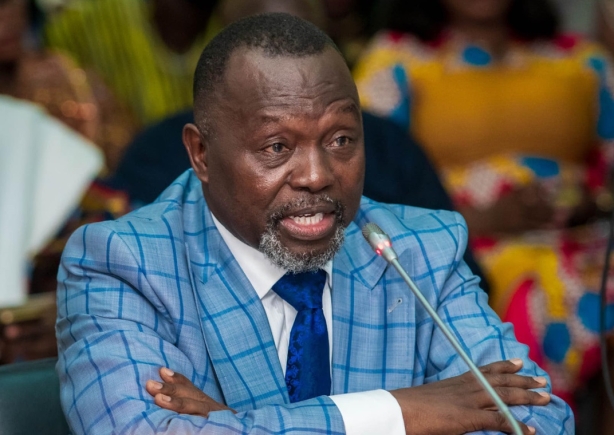
“We want to know. What’s the business of this 60%?” he remarked, urging the government to treat the issue as a matter of public interest and fiduciary duty.
Cudjoe’s comments come at a time when calls for greater public oversight over financial settlements and banking reform have gained momentum.
As the fallout from the banking sector cleanup continues to reverberate through Ghana’s economy, questions surrounding fairness, accuracy, and process remain at the center of public discourse.
For civil society leaders like Franklin Cudjoe, the Unibank settlement represents a critical test of Ghana’s commitment to transparency, not only in legal processes but also in the stewardship of state resources.
Whether this moment becomes a turning point or a missed opportunity will depend on how decisively stakeholders respond to these demands for clarity and accountability.
READ ALSO: Tullow Oil Sells Gabon Assets for $307M in Strategic Debt-Cut

